This uses a score based approach to determine a match. You can determine what is/isn't a match based on that score:

Score Formula = getMatchScore(A1,B1)
Match Formula = if(C1<.7,"mismatch",)
function getMatchScore(strA, strB, ignoreCase=true) {
strA = String(strA);
strB = String(strB)
const toLowerCase = ignoreCase ? str => str.toLowerCase() : str => str;
const splitWords = str => str.split(/\b/);
let [maxLenStr, minLenStr] = strA.length > strB.length ? [strA, strB] : [strB, strA];
maxLenStr = toLowerCase(maxLenStr);
minLenStr = toLowerCase(minLenStr);
const maxLength = maxLenStr.length;
const minLength = minLenStr.length;
const lenScore = minLength / maxLength;
const orderScore = Array.from(maxLenStr).reduce(
(oldItem, nItem, index) => nItem === minLenStr[index] ? oldItem + 1 : oldItem, 0
) / maxLength;
const maxKeyWords = splitWords(maxLenStr);
const minKeyWords = splitWords(minLenStr);
const keywordScore = minKeyWords.reduce(({ score, searchWord }, nItem) => {
const newSearchWord = searchWord?.replace(new RegExp(nItem, ignoreCase ? 'i' : ''), '');
score += searchWord.length != newSearchWord.length ? 1: 0;
return { score, searchWord: newSearchWord };
}, { score: 0, searchWord: maxLenStr }).score / minKeyWords.length;
const sortedMaxLenStr = Array.from(maxKeyWords.sort().join(''));
const sortedMinLenStr = Array.from(minKeyWords.sort().join(''));
const charScore = sortedMaxLenStr.reduce((oldItem, nItem, index) => {
const surroundingChars = [sortedMinLenStr[index-1], sortedMinLenStr[index], sortedMinLenStr[index+1]]
.filter(char => char != undefined);
return surroundingChars.includes(nItem)? oldItem + 1 : oldItem
}, 0) / maxLength;
const score = (lenScore * .15) + (orderScore * .25) + (charScore * .25) + (keywordScore * .35);
return score;
}


